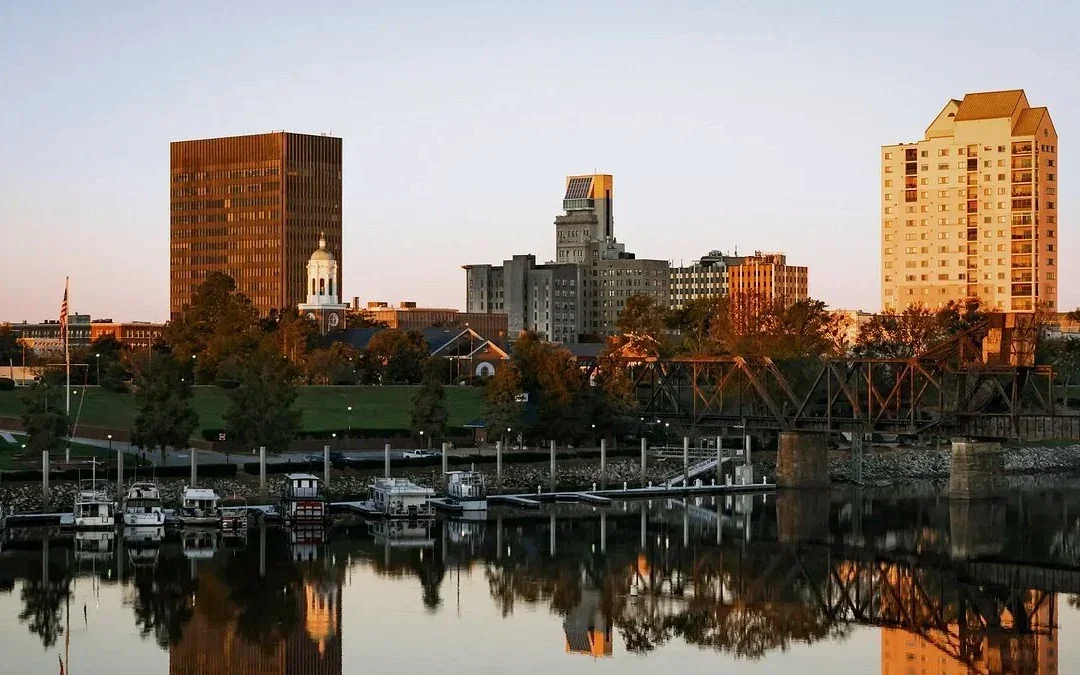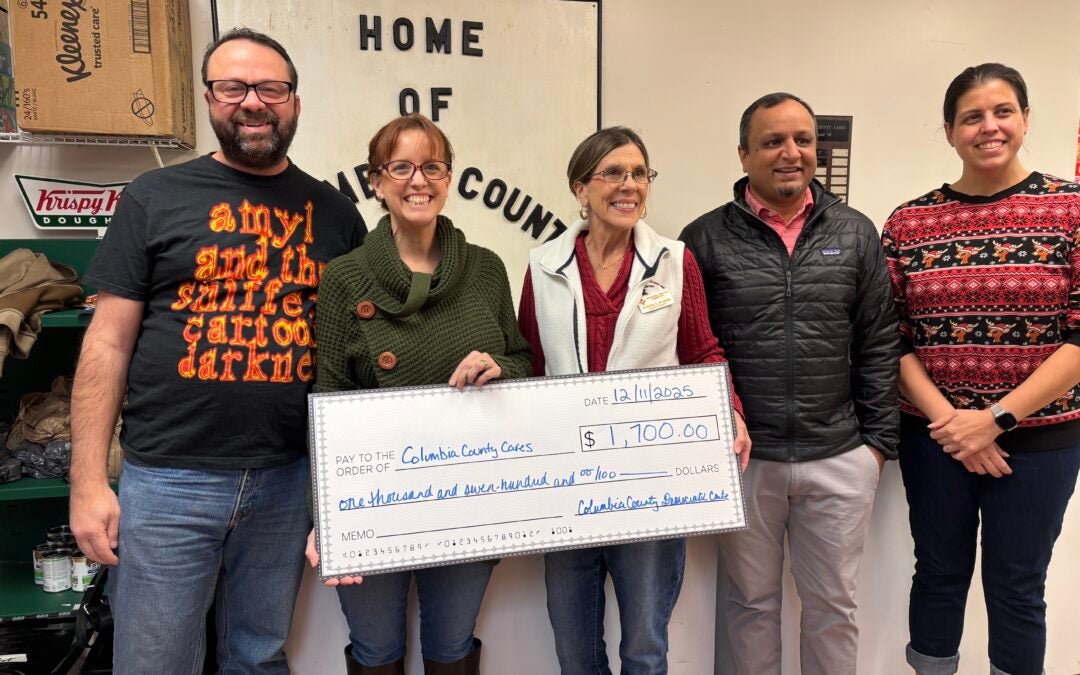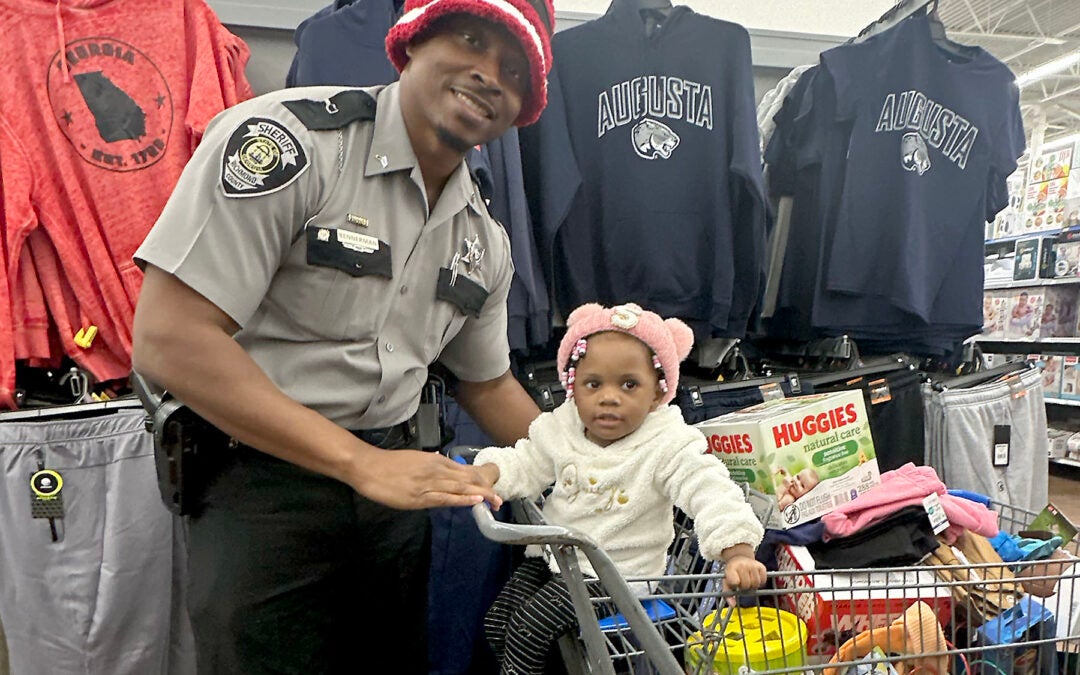Halloween is one of those holidays that has raised the question for me: should people of faith observe or celebrate Halloween?
I can only imagine that there are as many opinions on this question as there are people who will read this. The origins of this holiday may have had its founding in paganism, but over the years, it has been co-mingled with Christianity.
In the same way, some feel that it is the gift under the tree and not the Baby in the manger or Santa who is the gift bearer and not the Magi at Christmas.
I venture to say Halloween and secular Christmas are as popular among people of faith, in America today as any religious holiday.
Halloween is a holiday celebrated each year on Oct. 31. The tradition originated with the ancient Celtic festival of Samhain when people would light bonfires and wear costumes to ward off ghosts. On May 13, A.D. 609, Pope Boniface IV dedicated the Pantheon in Rome in honor of all Christian martyrs, and the feast of All Martyrs Day was established.
Pope Gregory III later expanded the festival to include all saints as well as all martyrs and moved the observance from May 13 to Nov. 1, as a time to honor all saints. Soon, All Saints Day incorporated some of the traditions of Samhain. The evening before was known as All Hallows Eve, and later Halloween.
The custom of Halloween came to America in the 1840s with Irish immigrants fleeing a potato famine. Over time, Halloween evolved into a day of activities like trick-or-treating, carving jack-o-lanterns and wearing costumes.
Borrowing from European traditions, Americans began to dress up in costumes and go house to house asking for food or money, a practice that eventually became today’s “trick-or-treat.”
By the ninth century, the influence of Christianity had spread into Celtic lands, where it gradually blended with older Celtic rites. In A.D. 1000, the church made Nov. 2 All Souls’ Day, a day to honor the dead. It’s widely believed today that the church was attempting to replace the Celtic festival of the dead with a church-sanctioned holiday.
The All-Saints’ Day celebration was also called All-hallows, and the night before it, the traditional night of Samhain in the Celtic religion, began to be called All-Hallows Eve and, eventually, Halloween. So, there is a thin line, and the two seem to have been co-mingled by the church, from the beginning.
As a child in Southwest Georgia, I celebrated Halloween. It was primarily a day to dress up like a fictional character and go through the neighborhood and ask for candy and fruit. But when I became an adult, I became less interested dressing up in costumes and going trick-or-treating. Instead, I began to observe All Saints and All Souls. This transition was made in the same way that I understood that in the cartoons, Wile E. Coyote was never going to catch the Roadrunner. But I watched every afternoon; it was entertainment!
My mother died on Oct. 24, 16 years ago this year. It was the Halloween season, but it was my belief in All Saints that comforted me then and ever year since. I visit my parents graves with special solemnity in November where I lay flowers and say a prayer and thank them for raising my brothers and me.
So, what do I make of my observance of Halloween, as a kid and now All Saints, as an adult? When I was a child, I acted as a child, but when I becam an adult, I put away childish things. In my opinion, the line is very thin, and I am not confused about either.
In the late 1800s, there was a move in America to shape Halloween into a holiday more about community and neighborly get-togethers than about ghosts, pranks and witchcraft. At the turn of the century, Halloween parties for both children and adults became the most common way to celebrate the day. Parties focused on games, foods of the season and festive costumes.
If there is anything good to be said about Halloween by a person of faith, it is that Halloween brings about interaction with neighbors that may not occur at any other time.
Use the season to teach the meaning of both and put them in their proper place. It can be a time of entertainment for some and a time when many persons of faith honor the faithfully departed. Afterall, social connections are good for us. I believe they make us kinder, healthier, and happier. Take the time to say hello to your neighbors, even if it is Halloween.









